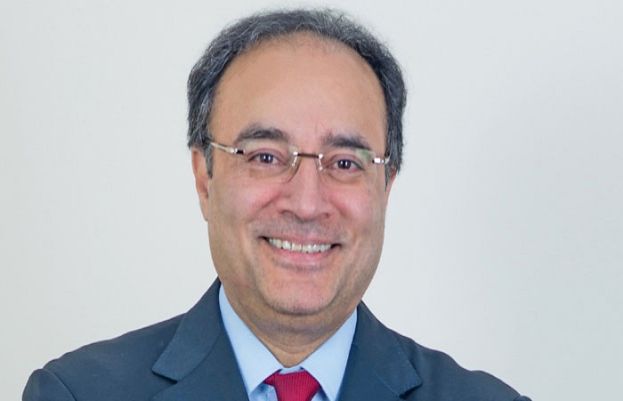The country’s newly sworn-in Finance Minister Mohammad Aurangzeb confirmed that Islamabad’s talks with the International Monetary Fund (IMF) under the $3 billion Stand-By Arrangement (SBA) are likely to commence this week. He said that with the government to send a formal request to the monetary body to cushion Pakistan’s dwindling economy. In response to a question about the possibility of sending a formal request to the IMF for the parleys, the minister — who took the oath of office and participated in the federal cabinet’s maiden session on Tuesday at the President House — hoped that the talks with the staff of the Washington-based lender begin this week. According to sources, the Pakistani side would dispatch an email to the IMF headquarters in Washington DC to send its review team to Islamabad for the talks and release of the last tranche worth $1.1 billion. The Prime Minister Shehbaz Sharif-led government might also request to commence talks for a fresh medium-term bailout package for $6 billion Extended Fund Facility (EFF) with the strong chances to increase it with climate financing of $1.5 to $2 billion more to secure additional financing from the IMF compared to the allocated quota for Pakistan. Last week, according to the media reports Pakistan will kick-start its crucial talks with the Fund for the completion of the second review under the $3 billion SBA programme. The formal invitation, in this regard, was to be sent soon after the formation and oath-taking of the federal cabinet, which was held a day earlier. Meanwhile, the newly inducted finance czar revealed the current 2024 fiscal year would be a difficult one, adding that now there was no time for mere talks and it was, in fact, time for action. Earlier, on the occasion of taking oath at the Presidency, Aurangzeb resolved to utilize all his energies towards fixing the economic and financial issues currently faced by Pakistan. When asked to comment on the IMF programme, the newly inducted finance minister was reluctant to reply and said he would require briefings before commenting on the subject. On the other hand, former finance ministry economic advisor Dr Ashfaque Hasan Khan, when contacted on Monday, said that he has always been saying that the main target of the IMF programme was Pakistan’s defence budget. “Now the cat is out of the bag. India, yes India, has asked the IMF not to allow the diversion of the IMF money towards Pakistan’s defence budget. Don’t forget, India is highly influential in the IMF/ WB,” the expert said. He said that the IMF deputy managing director, Geta Gopinath, was an Indian citizen, questioning her role in the money lending institution’s relations with Islamabad. “How can they implement India’s desire against Pakistan? Very simple. More currency devaluation, keeping the policy rate of the SBP high and maintaining Primary Surplus in the budget along with restrictions on cutting development budget,” he added. “The only way we can maintain primary surplus is through cutting defence budget. In the last five years, we have reached to a point where country’s defence budget is entirely on borrowed resources. Imagine when a country’s defence budget is on borrowed resources, what will happen to the country’s national security,” Dr Ashfaque said. The economy expert gave four major recommendations to Pakistani negotiators who are going to hold parleys with the IMF — reduce policy rate gradually, no more currency devaluation, budget deficit should be the target and not the primary surplus, and more reliance on reforms rather than on the policy.
Aurangzeb confirms request for talks to be sent to IMF

